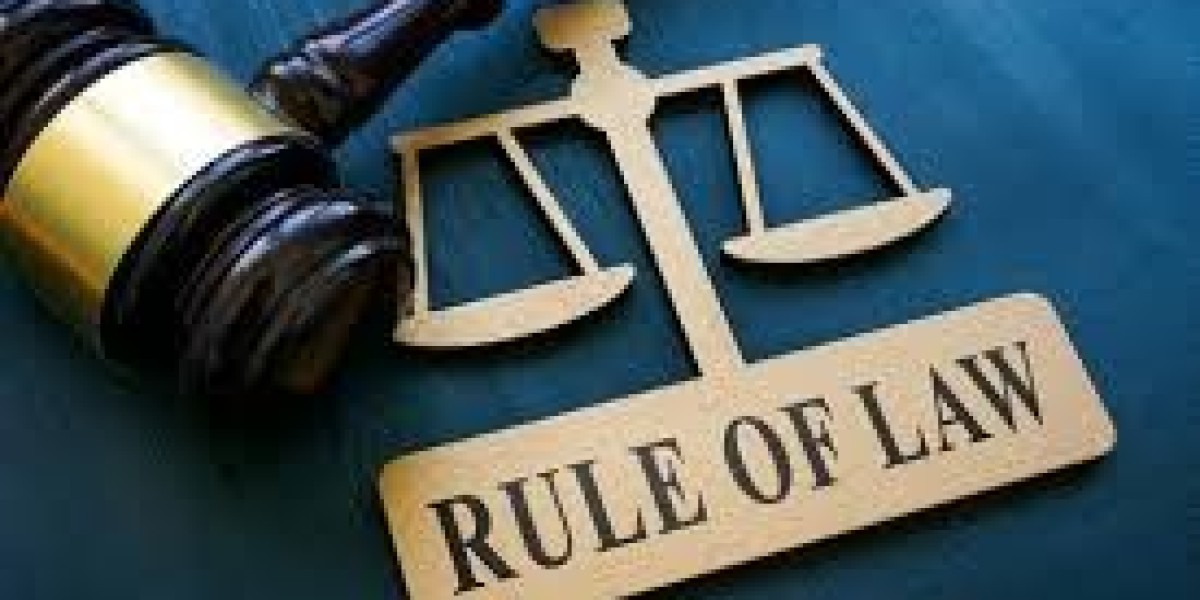Introduction
Obstruction of justice is a serious offense in Virginia, involving actions that interfere with the administration of law and hinder the proper functioning of the judicial system. Understanding what constitutes obstruction of justice, the various forms it can take, and its legal implications is essential for anyone facing related charges or seeking to avoid potential legal pitfalls. This article delves into the key aspects of obstruction of justice in Virginia , offering an overview of its definitions, examples, potential consequences, and legal defenses.
What Is Obstruction of Justice in Virginia?
In Virginia, obstruction of justice refers to any deliberate action that impedes law enforcement, hinders investigations, or interferes with the judicial process. This offense is designed to protect the integrity of the justice system, ensuring that law enforcement officers, prosecutors, judges, and juries can perform their duties without interference or manipulation. Obstruction charges often encompass a range of behaviors, from lying to authorities to tampering with evidence or attempting to influence witnesses.
Common Examples of Obstruction of Justice
Obstruction of justice covers various actions, some more severe than others, but all have the potential to derail investigations or influence outcomes unlawfully. Some of the most common examples of obstruction of justice in Virginia include:
- Lying to Law Enforcement: Providing false information to a law enforcement officer during an investigation or when questioned about a crime.
- Resisting Arrest: Physically resisting or attempting to flee from an arresting officer.
- Witness Tampering: Intimidating, bribing, or attempting to influence witnesses to alter or withhold testimony.
- Evidence Tampering: Destroying, hiding, or falsifying evidence to disrupt an investigation or trial.
- Interfering with Investigations: Actions such as hiding a suspect, failing to report a crime, or providing misleading information to investigators.
Each of these examples can lead to obstruction charges in Virginia, though the specific circumstances and intent behind the actions will influence the severity of the charges and potential consequences.
Legal Consequences of Obstruction of Justice
The consequences of an obstruction of justice conviction in Virginia vary depending on the nature of the offense and the circumstances involved. Obstruction of justice charges can range from misdemeanors to felonies, depending on factors such as the level of interference and any aggravating elements present in the case. In Virginia, even a conviction on the lower end of the scale can have lasting impacts on one’s personal and professional life, potentially resulting in fines, community service, or jail time.
For more severe forms of obstruction, such as those involving violence or physical interference with law enforcement officers, the legal repercussions can be significantly harsher. A felony conviction may carry consequences that extend beyond immediate sentencing, potentially affecting an individual’s ability to secure employment, maintain professional licenses, or engage in certain civil activities.
Defenses Against Obstruction of Justice Charges
Facing obstruction of justice charges can be daunting, but there are several defense strategies that an experienced attorney might employ to challenge the charges. Common defenses include:
- Lack of Intent: Proving that the defendant did not act with the specific intent to obstruct justice can be a powerful defense. If the actions were unintentional or based on a misunderstanding, it may weaken the prosecution's case.
- Insufficient Evidence: If there is not enough evidence to prove obstruction beyond a reasonable doubt, the charges may be dismissed or reduced.
- First Amendment Rights: In some cases, defendants may argue that their actions were protected under their right to free speech or peaceful assembly, particularly if the alleged obstruction was verbal rather than physical.
The Importance of Legal Representation
Given the serious implications of an obstruction of justice charge in Virginia, having skilled legal representation is crucial for anyone facing these allegations. An experienced defense attorney can evaluate the specifics of the case, identify possible defenses, and work to minimize the impact of the charges. Even if the evidence seems substantial, a knowledgeable attorney may uncover procedural errors, constitutional violations, or other factors that could lead to a favorable outcome.
Conclusion
Obstruction of justice is a multifaceted and serious offense in Virginia that can have significant legal and personal consequences. From lying to law enforcement to tampering with evidence or attempting to influence witnesses, obstruction charges encompass a wide array of actions. Understanding the definitions, examples, and potential defenses related to obstruction of justice is essential for navigating this complex area of law. Anyone facing obstruction of justice in Virginia should seek experienced legal representation to ensure their rights are protected and to pursue the most favorable outcome possible.
#law #lawyers #legal #legalservices #us #usa #va #virginia #divorce #divorcelawyer #services #buisness









